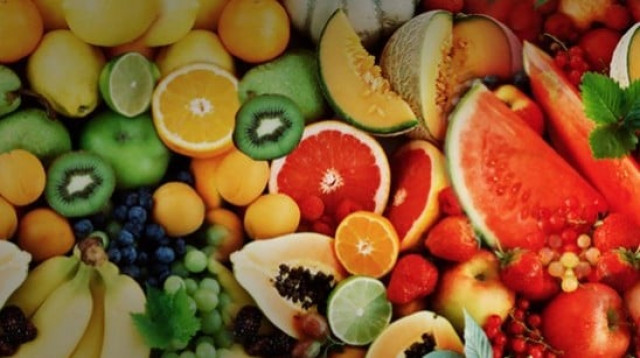Experts observe kiwifruit breeding
Farmers in Pakistan planting numerous kiwifruit seeds sourced from China

As many as 20 agricultural experts from Pakistan, Egypt and other Belt and Road countries participated in the international training programme on kiwifruit industry technology in Chengdu and Deyang, Sichuan province, China.
The Ministry of Science and Technology of China, in collaboration with the Sichuan Provincial Academy of Natural Resources Sciences, organised the 15-day training programme.
Experts exchanged knowledge on kiwifruit breeding, cultivation, pest control, post-harvest storage and preservation techniques, China Economic Net (CEN) reported.
China is the birthplace of kiwifruit and Sichuan is the second-largest kiwifruit producing region in China. With over 40 years of development, Sichuan has cultivated kiwifruit on an area of 750,000 acres, with annual production of 440,000 tons.
During the training period, the members visited numerous local kiwifruit farms, where they had the opportunity to taste the distinctive red-fleshed and yellow-fleshed kiwifruit varieties. They also had the chance to visit the China-New Zealand Kiwifruit Joint Laboratory.
Sichuan Provincial Academy of Natural Resources Sciences Deputy Director Wang Yongzhi emphasised the importance of international scientific and technological cooperation.
In 2014, the academy established the China-New Zealand Kiwifruit Joint Laboratory in partnership with the New Zealand Royal Institute of Plant and Food Research.
“Over the past decade, the joint laboratory has achieved remarkable milestones in kiwifruit breeding, cultivation techniques and disease control. The laboratory has independently developed kiwifruit varieties that have been approved in 11 countries, including Italy and Chile, covering an area exceeding 3,500 hectares,” he added.
Read Sindh farmers eye dragon fruit market
The collaborative laboratory model has drawn the attention of Allah Warayo Rind, Deputy Director of the Department of Agriculture in Sindh province. He was also impressed by the advanced technologies of kiwifruit cultivation and cold chain system in Sichuan.
“During our visits to many farms in Sichuan, we have seen the methods that China uses for kiwifruit cultivation, preservation and sales. These experiences can all be replicated in Pakistan. In Pakistan, kiwifruit mainly relies on imports, and it is expensive. Extensive domestic cultivation can make kiwifruits more affordable for consumers,” he stated.
At present, China and Pakistan have initiated collaboration in the kiwifruit industry, with numerous kiwifruit seeds sourced from China being planted by Pakistani farmers.
Rind believes that the training programme can serve as a promising starting point for deeper cooperation between Pakistan and China in the kiwifruit industry, which could potentially involve joint research, cooperation agreements and the exchange of experts.
Published in The Express Tribune, December 27th, 2023.
Like Business on Facebook, follow @TribuneBiz on Twitter to stay informed and join in the conversation.



















COMMENTS
Comments are moderated and generally will be posted if they are on-topic and not abusive.
For more information, please see our Comments FAQ